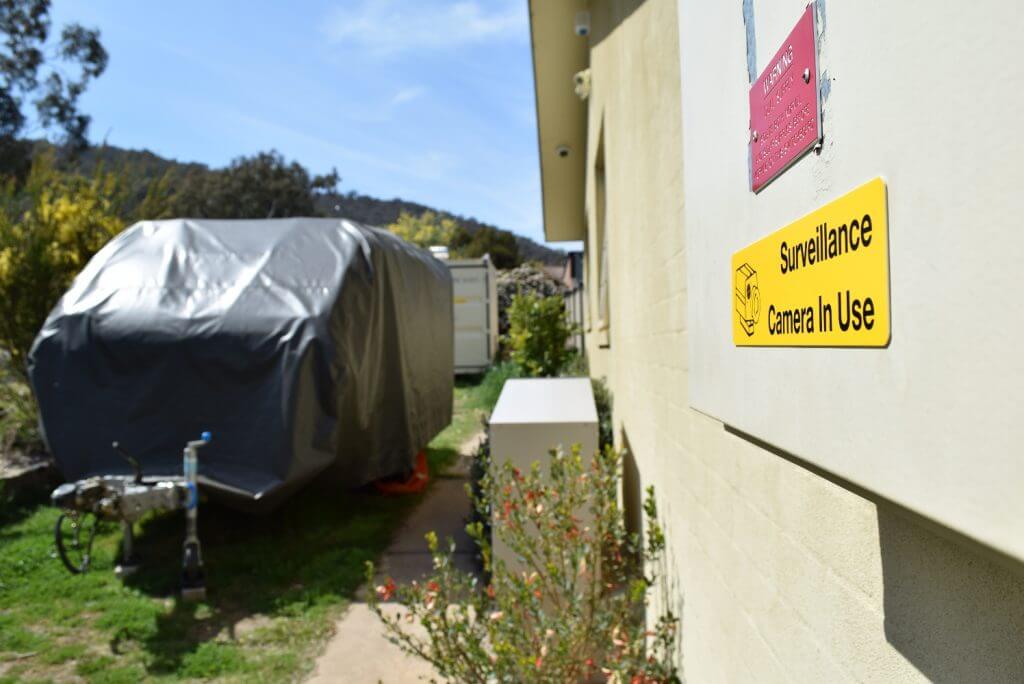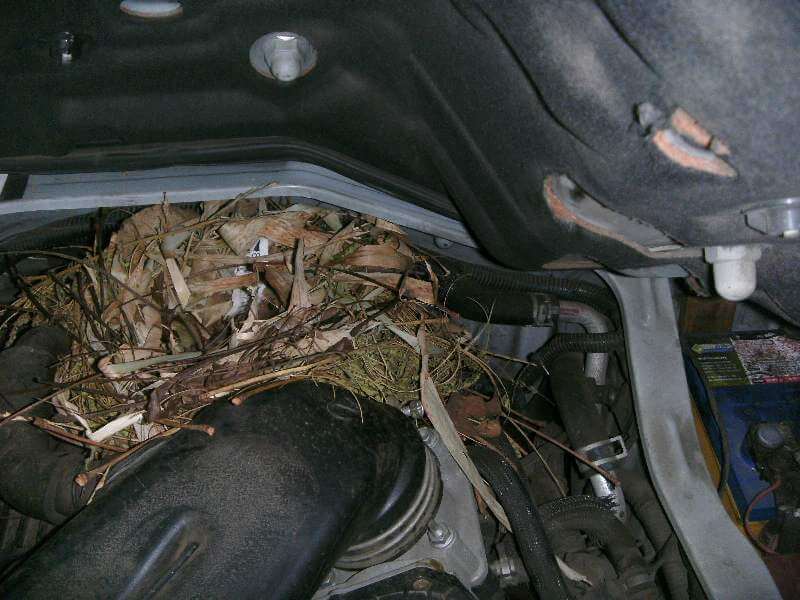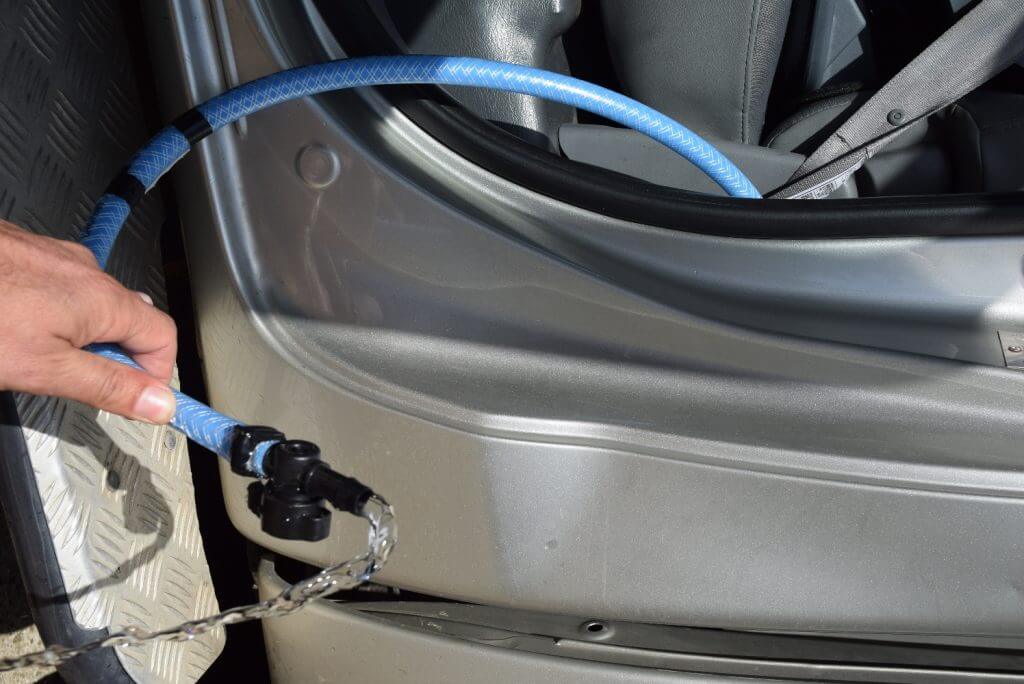
So you’ve taken your rig for a spin, and you’re back at the grindstone… so how do you take care of it between trips?
We’d all love to hitch up and take off on endless adventures, but for too many of us, we have to work to finance our fun (damn). Therefore, safely parking your camper trailer and making sure it’s okay between trips is a part of owning an RV. But how do you keep your freedom machine preserved? Find out how with our top tips for safer storage.

Before packing up your camper long-term, you’ll need to give it a proper clean. Greasing the riding gear, and vacuuming the vents, nooks and crannies are great strategies to minimise rust, while flushing and refilling the tanks and ensuring your canvas and awning are clean and dry will help keep mould at bay. Running the wheels onto chocks and pumping them up with air will minimise damage to the tyres’ walls. You’ll need to check the gas, too, and rub any exposed hard plastic surfaces with a little bit of Armor All.
Rodents can make a meal of your camper, causing dangerous and costly damage to your cabling, bedding and walls, and they pose a greater real risk out on a farm near grass and hay. So spray your camper’s interior with a diluted solution of water and peppermint oil (20:1) with a splash of vinegar so the water and oil mix. Alternatively, drip a few drops onto a few tissues and chuck them around various places inside. And while you’re at it, why not throw in a few silicon sachets or if there’s room, a container or two of DampRid?
If you’re lucky enough to have the space, storing your camper in the garage or under a carport are excellent options that will provide sufficient weather protection to hook up your batteries to a trickle charger to keep them maintained.

But, as the average depth of a garage is now between 5.5-6m, you may need to move it around after reversing it in to close the garage door. If the camper’s too heavy to shift by hand, a caravan moving system can alleviate a lot of stress. These systems also let you park the camper with the a-frame facing in, making it harder for would-be thieves to hitch up and haul it away. While it may seem an easy solution, parking your RV on the street long-term poses a security risk and may even breach local laws.
Weather wreaks havoc with any parked camper trailer, so if you can’t store yours indoors a good quality cover ought to be high on your shopping list. Tarps can protect your rig against sun damage and a bit of rain in the short term, but if rain or condensation get in underneath, mould can develop pretty quick, and this can be difficult to check in on if your rig’s parked off-site. They’re also quite abrasive and will cause more damage to paintwork compared to a dedicated RV cover, especially in high winds.
RV covers are more expensive (about $30 per sq metre), but they’re more breathable, waterproof and are multi-layered, with a shell usually made from a high-quality UV-resistant polypropylene. They can still cause scratches to duco, especially on acrylic surfaces, so do keep that in mind. Covers are available in various sizes to suit different campers or vans, or you can get one made to measure, just make sure you account for all extrusions before parting with your hard-earned cash!
Back in the day, when homes were small and blocks were large, every man and his dog had room for three Holdens and a half stripped Datsun out the back. No-one thought much about the implications of throwing a camper or caravan into the mix. But, with the size of new home builds at a near all time high and the average block size in decline, more travellers simply do not have the space.

Thankfully, there are plenty of self-storage facilities willing to house your RV or camper trailer, with some costing as little as $450 per year, depending on where it is, how long you plan to leave it housed and whether or not it’s under cover.
Many sites will offer some form of security, but ultimately the welfare of your rig is up to you so inspect the premises properly for cleanliness, and ensure your own storage safeguards against theft, vermin, mould and weather damage are in place.
At Mars Campers we work hard to develop the best value for money camper trailers with a view of helping you create memorable experiences with your loved ones.
Did you find this information useful? If you found even one tiny nugget in this material to be useful, please do forward it to one of your friends. I am sure they will thank you for it. You can send it to them via email, Twitter, Facebook or post it on your own website.